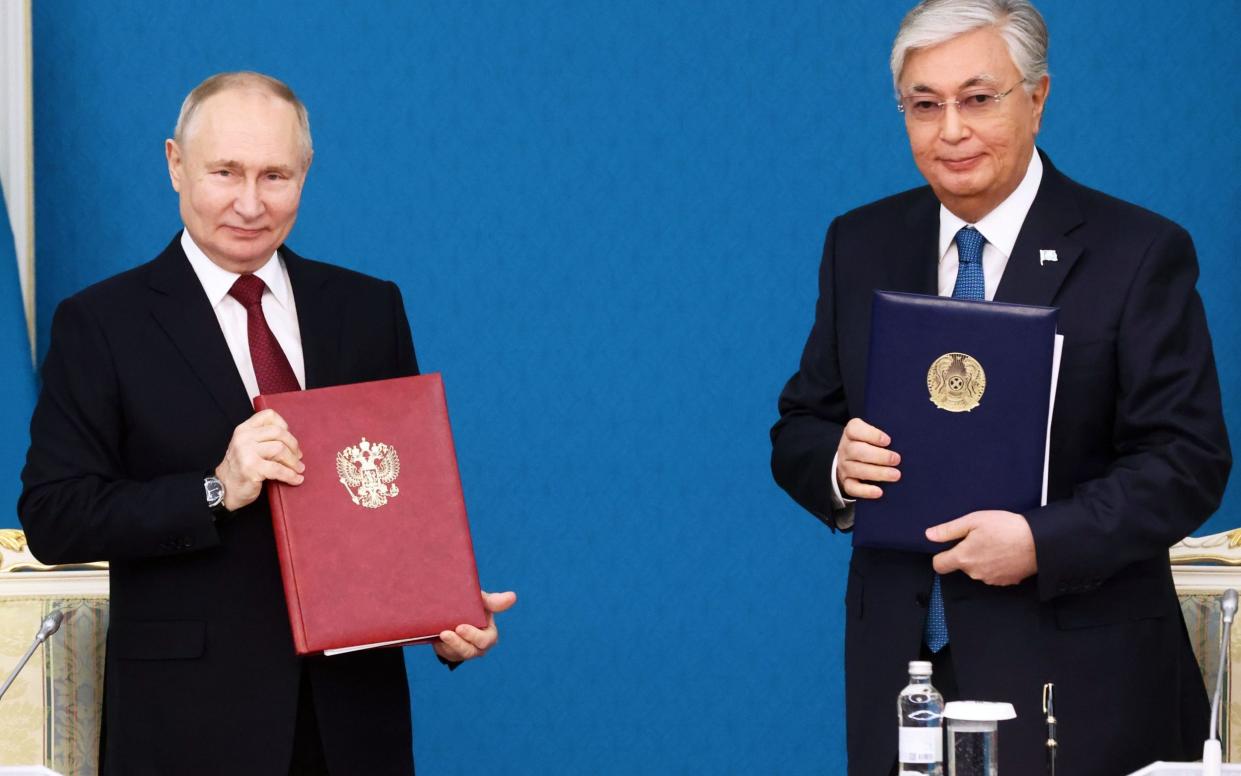Today on the Telegraph’s Ukraine: The Latest podcast, we we bring you the latest updates from the frontlines, analyse the news that Ukraine is establishing bridgeheads on the left bank of the Dnipro and we speak to Foreign Correspondent Matthew Day on the latest developments in Poland as politicians negotiate to form a new government.
Francis Dearnley, Assistant Comment Editor, leads analysis on the diplomatic news that Putin will go ahead with his annual phone ins and press conferences before the end of the year.
This is significant. Long term listeners will recall that the Kremlin cancelled Putin’s press conference in December last year, largely believed so he would avoid awkward questions about the war from international journalists. Now the phone in, obviously a separate entity, was due to take place in early June this year, but that was also indefinitely postponed.
We now know that the two will take place before the close of December. One of two things is happening. Either Moscow thinks they can’t put it off any longer, that the reputational damage of not doing these was too great, or that the situation in Ukraine is now favourable enough that they feel they have good answers to difficult questions.
Francis continues his diplomatic analysis, moving onto the recent summits in Kazakhstan:
A country economically reliant on its relationship with Moscow but which has had a somewhat fractious relationship since the invasion.
Speaking to this, many are commenting on a rather embarrassing moment for the Russian delegation. When the president began his speech yesterday, speaking not in Russian, the language usually adopted at summits by former Soviet states, but instead choosing to speak in his native tongue. Watching the footage, you can see the shock on the faces of the Russian delegation, who then have to scramble to find an earpiece in order to hear the translation.
It is in this context, and especially in light of the constant drumbeat of Russian politicians making territorial claims on Kazakhstan, Tokayev (the President of Kazakhstan) choosing to speak in Kazakh is a power move and sends a clear signal to the Kremlin.



